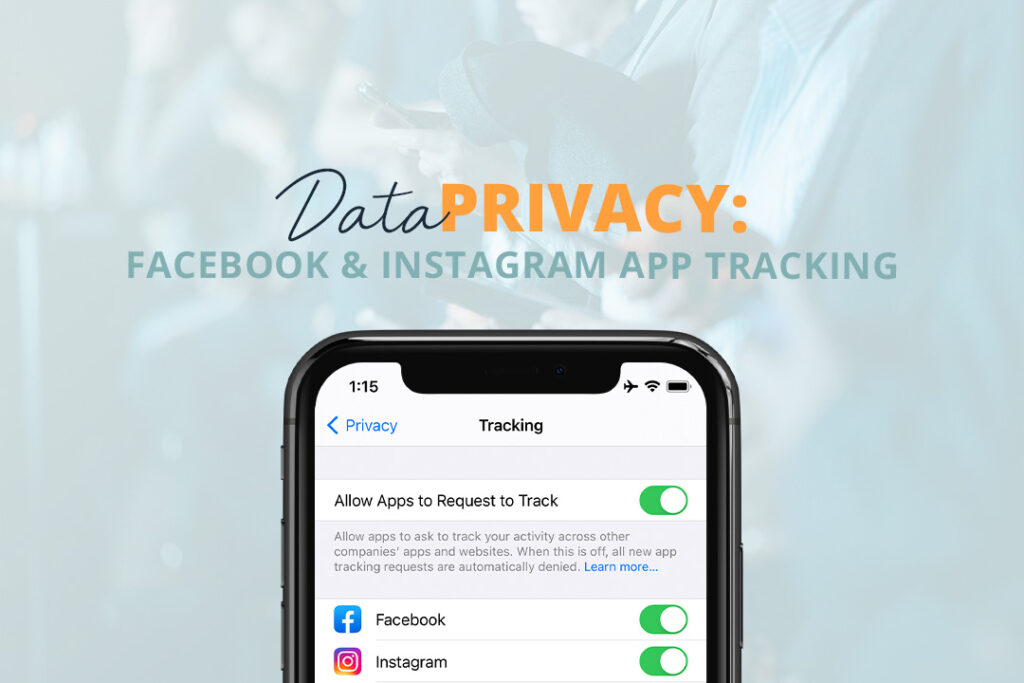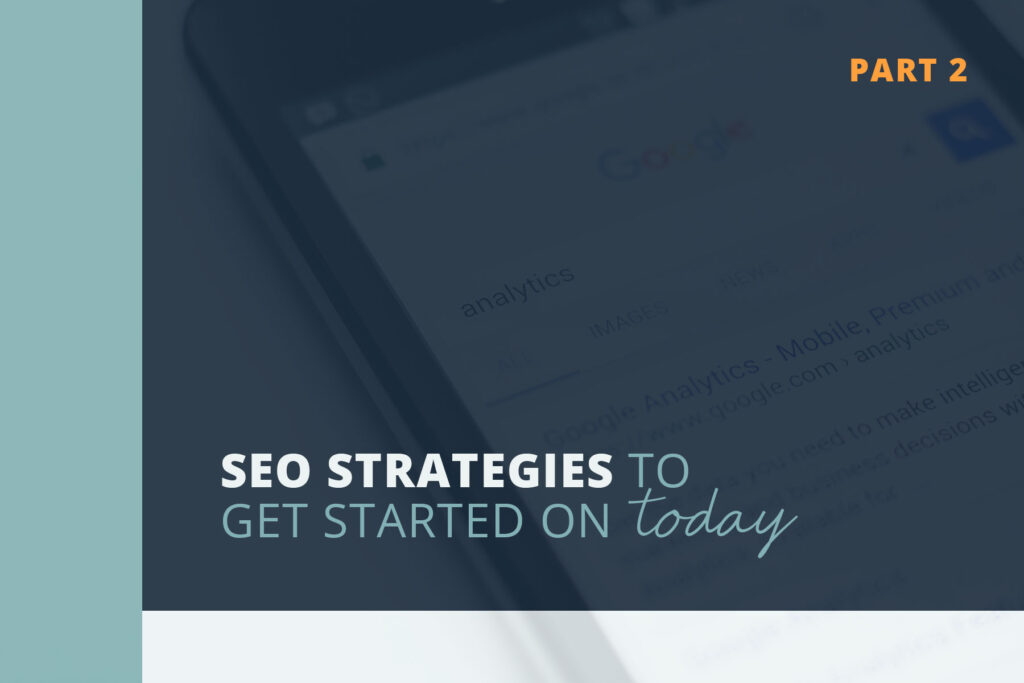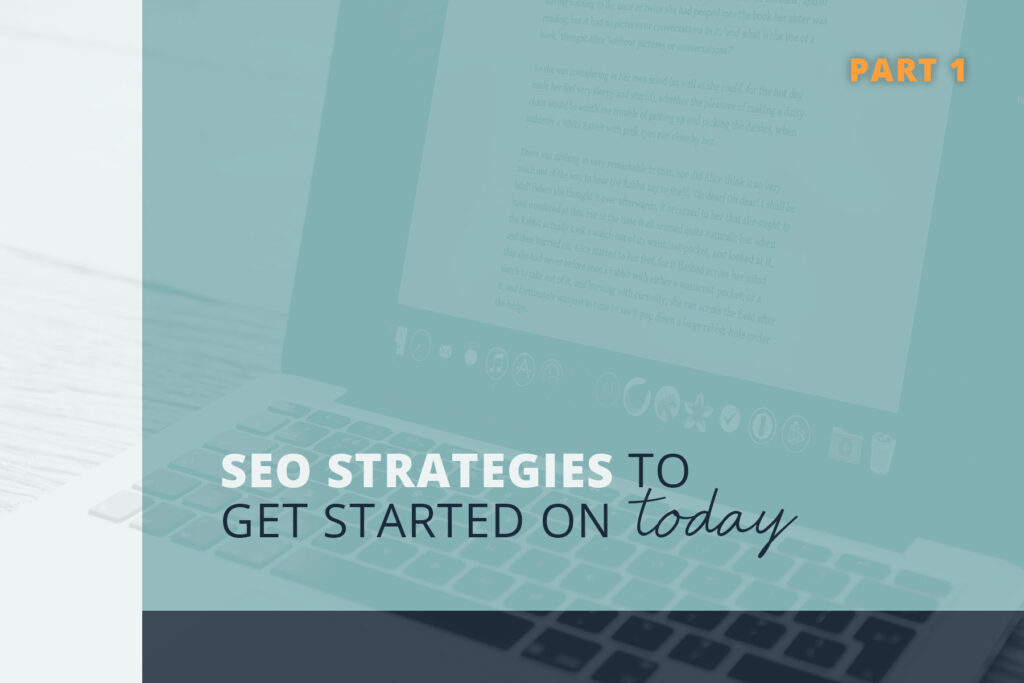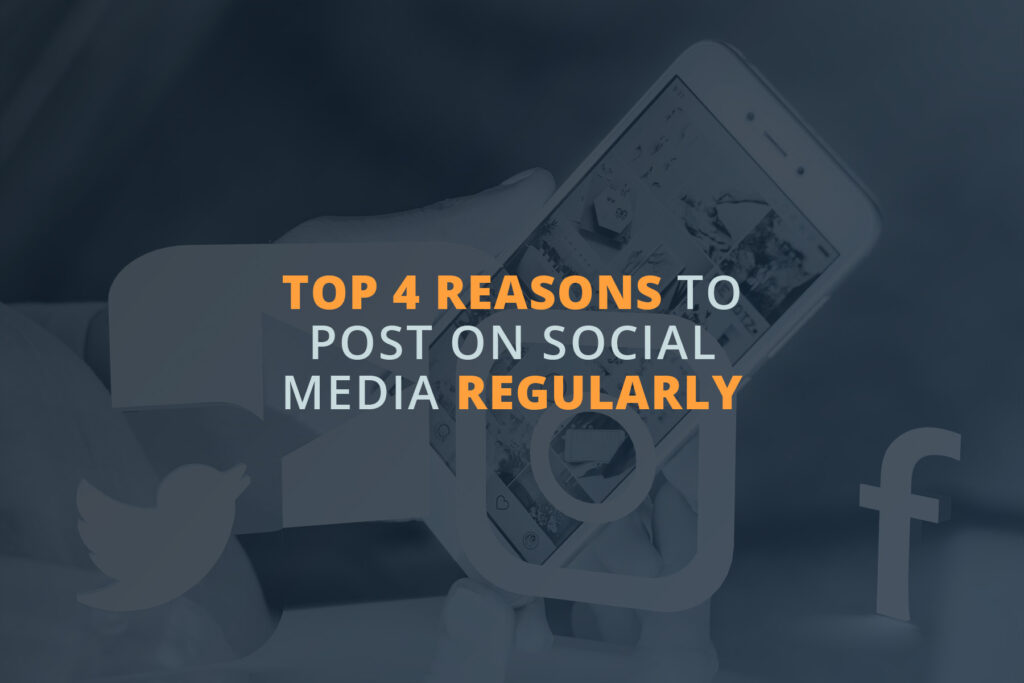If you’ve been following along in our 3-part series about a privacy-first web you are probably aware consumers are becoming increasingly concerned about what marketers, brands and publishers know about them and how their data is being used.
With the latest iOS 14.5 update there are new opt-in requirements, requiring developers to receive user consent from iPhone device owners. App developers are still able to use user-provided information for advertising purposes but are no longer able to share that data with another company without the user’s permission.
If you’re an iPhone user operating on the newest software update, you may have noticed an opt-in prompt across apps requesting consent to third-party sites like Facebook and Instagram to track your data.

Facebook has been a big critic against Apple’s policy changes, suggesting it will limit businesses’ ability to effectively reach, understand and engage with its users online.
Facebook Ads is largely impacted by the iOS 14.5 requirement for AppTrackingTransparency which restricts, aggregates and delays app event insights (unless the user opts into tracking on iOS 14 devices).
The more users who opt-out of iOS tracking, the larger the impact brands and advertisers will see in their Facebook Ads – from personalization to performance reporting on app and web conversions.
Facebook App Advertising Ads has proven the most impacted by the iOS 14 update. Limitations consist of:
- Each app is now limited to nine campaigns at once, each campaign has a five ad set limit
- Real-time reporting will no longer be available, data might be delayed by up to three days
- App and web conversions, delivery and action breakdowns (age, gender, placement) will no longer be supported
Along with App Advertising, Dynamic Facebook Ads are facing limitations. Brands and advertisers utilizing dynamic ads may notice a decrease in their retargeting audience sizes.
If you use dynamic ads for a business’s website, Facebook recommends several actions to take in order to be best prepared for these changes:
- Set up eight preferred web conversion events per domain in Events Manager
- Use only one pixel per catalog and domain
- If you use multiple domains in your catalog, verify each website domain through the use of product ULRs.
- A/B test broader audiences
Marketers and publishers will need to develop new methods for delivering advertisements and measuring conversions while complying with new and updated privacy regulations. Those that stay up-to-date and are proactive in tackling these changes will continue to be ahead of the curve. Now is the time to think outside of traditional cookie tracking and make data collection a top priority for the future of your online marketing strategy.



